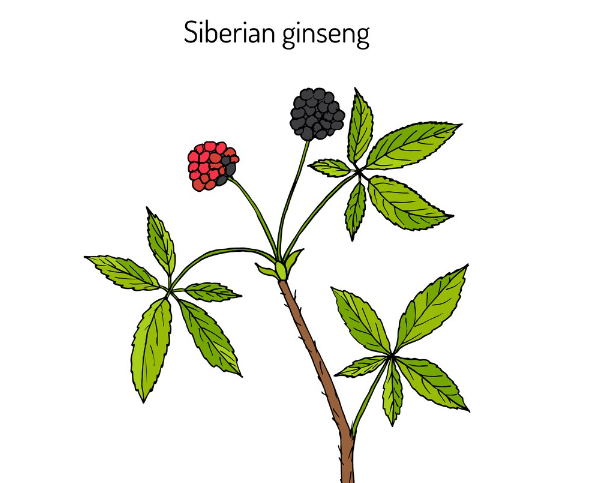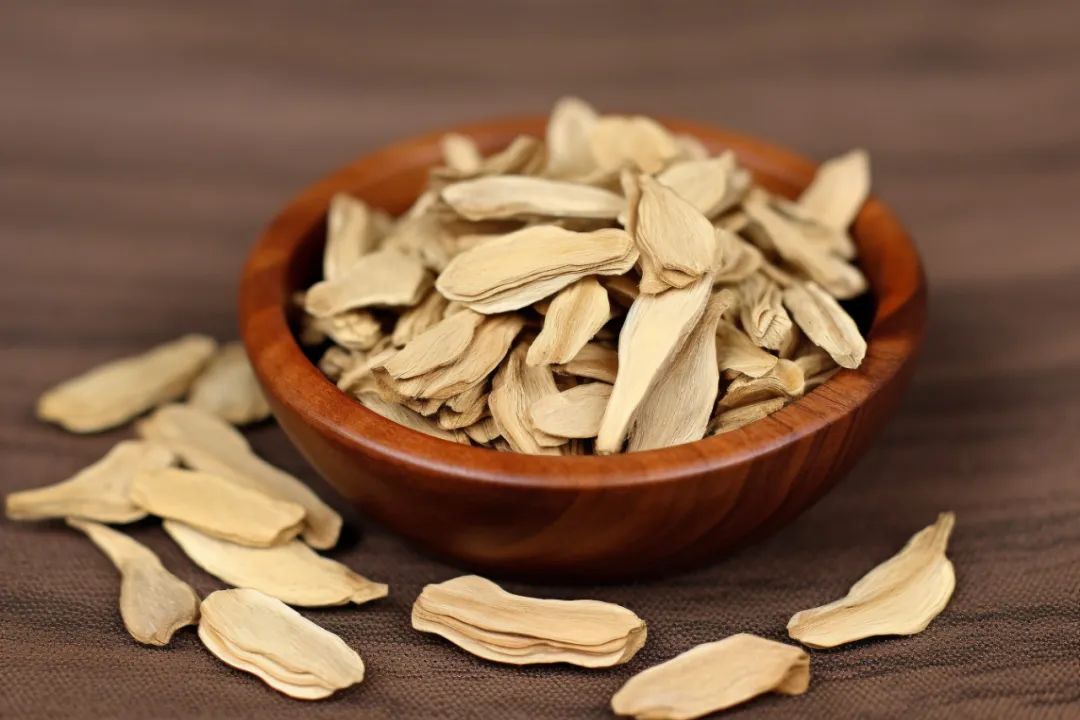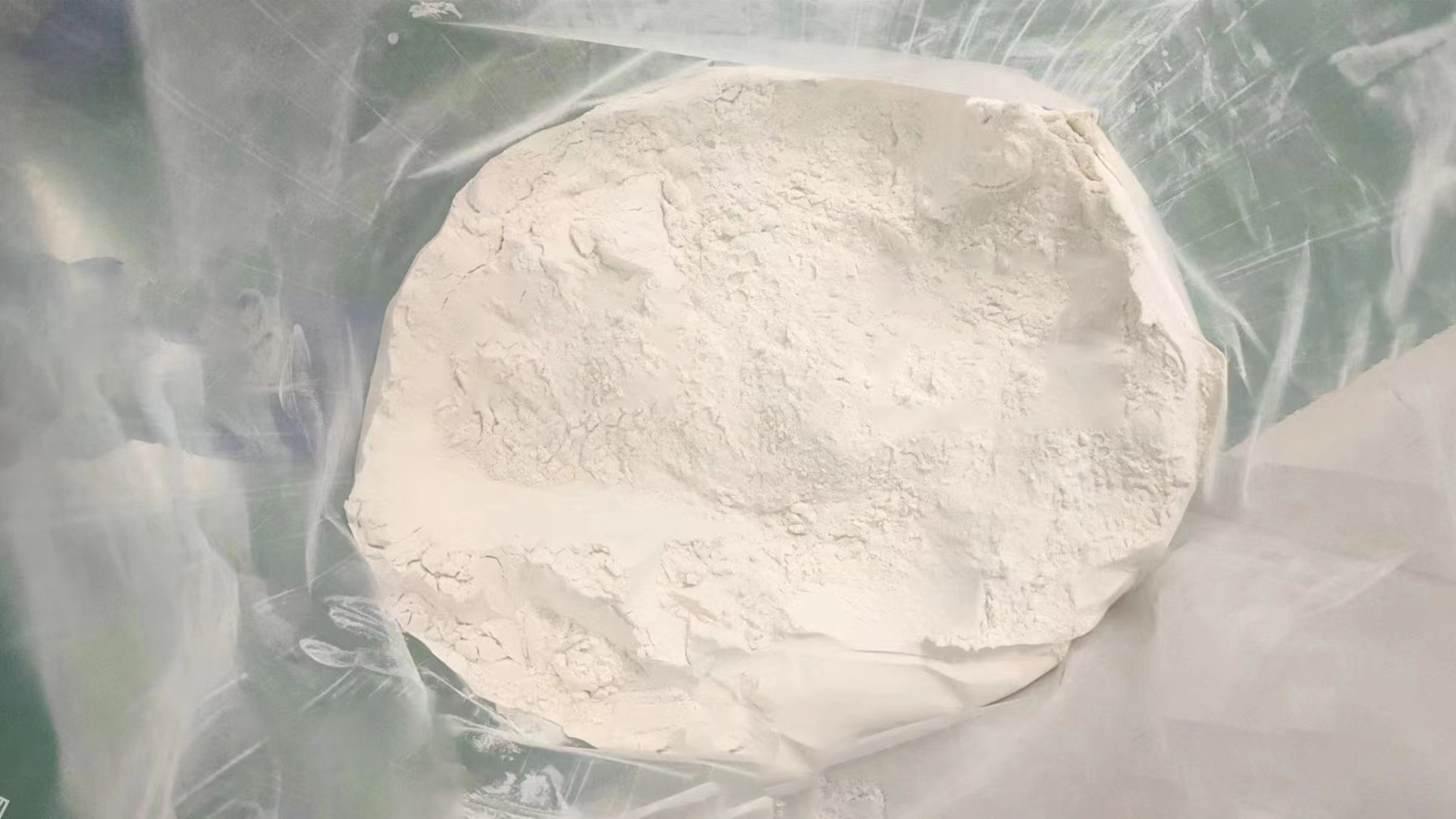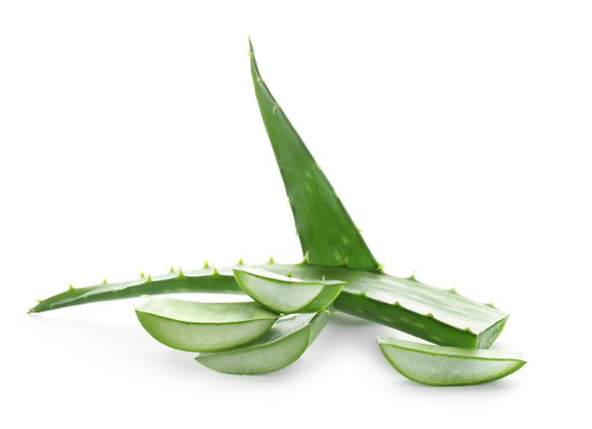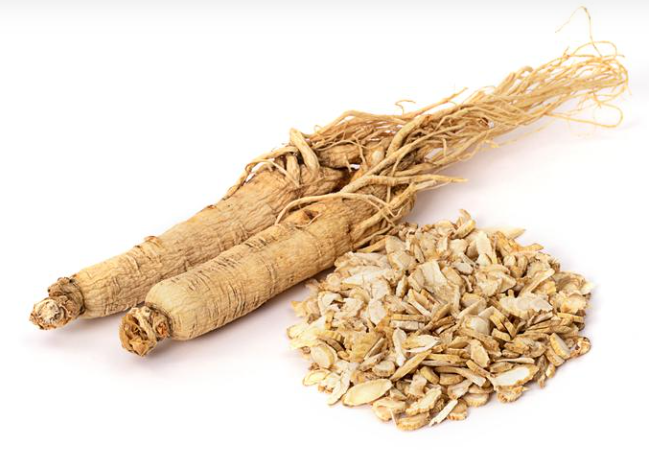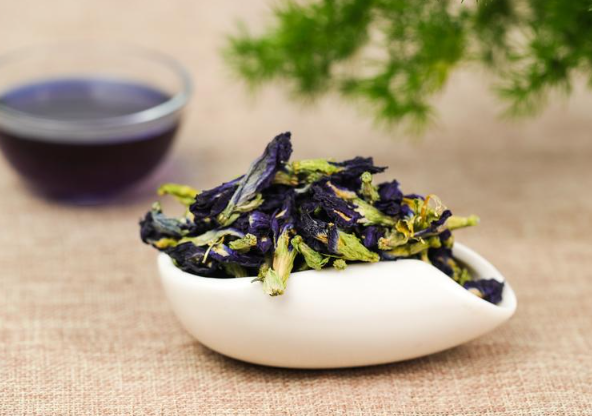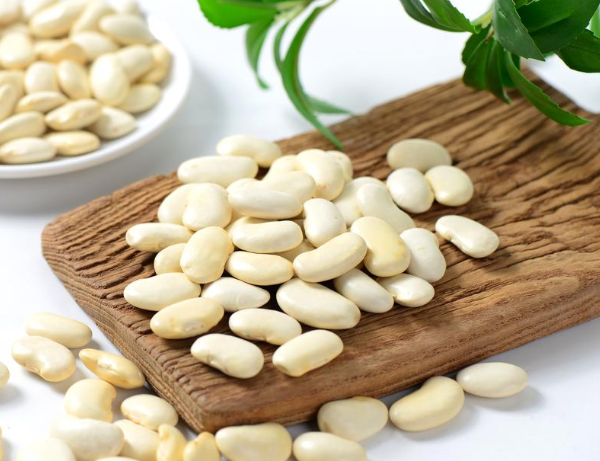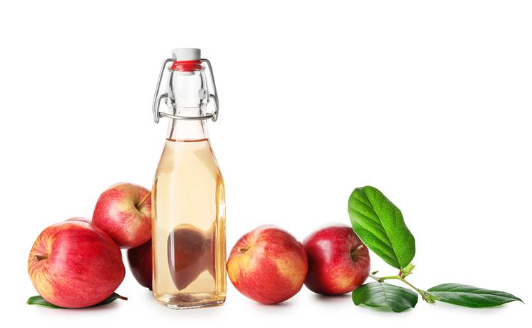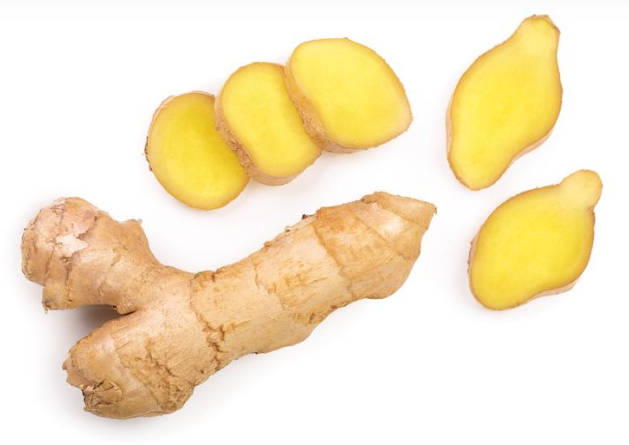Luteolin is a natural flavonoid, that is often found in leaves, rinds, barks. Natural sources include peanut shell , celery, broccoli, green pepper, parsley, thyme, dandelion, chamomile, carrots, olive oil, peppermint, rosemary, and oregano.
Luteolin is a flavonoid found in many plants, fruits, and vegetables. It has potential for cancer prevention and traditionally used in Chinese medicine. Luteolin has multiple health benefits, including boosting cardiovascular health, protecting the brain and nerves, reducing inflammation and allergies, promoting testosterone levels, managing inflammatory conditions, and inhibiting NF-kB signalling, TLR4 signaling and cytokine expression in mast cells.
Herbal traditions around the globe use luteolin-rich plants to strengthen the immune system, relieve inflammation, and even combat cancer. Did you know? Both “flavonoid” and “luteolin” have the yellow color in their names (Latin: lūteus, flavus). Luteolin is bright yellow in its crystalline form.
The ideal dosage of luteolin is 100 mg per day, though most products contain a mixture of luteolin and rutin, with doses ranging from 100-300 mg per serving. The Dutch National Food Consumption Survey indicated that people in Netherlands have an average mixed flavonoids intake of 23 mg/day. For the supplement form, the recommended dosage is 1 capsule daily.
Luteolin is a natural flavonoid with potential in the treatment of various diseases, including cancer. It can be formulated into nanosized vesicles (LT-NVs), dietary supplements, and SNEDDs (self-nanoemulsifying drug delivery systems) to improve its water dispersibility and bioavailability.
luteolin synthesis procedure at market
Luteolin can be synthesized from rutin by fully dissolving it in an alkaline solution with a pH value of more than or equal to 10. This method is commonly used in the synthesis of polyphenolic compounds such as rutin, luteolin, quercetin, and betulinic acid. Additionally, luteolin can also be synthesized from suitable starting materials using a multistage synthesis process, or by polymerizing it into water-dispersible nanoparticles. Finally, luteolin can also be synthesized from rutin via benzylation-hydrolysis-acylation-hydrogenation.
luteolin health benefits
Protect the Brain and Nerves
Antimicrobial Properties
Heart Health
Diabetes Complications
Inflammation and Allergies
Skin Protection
Effects on Testosterone





